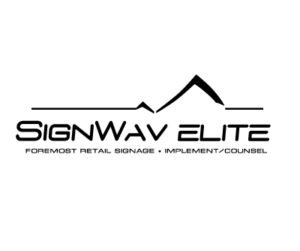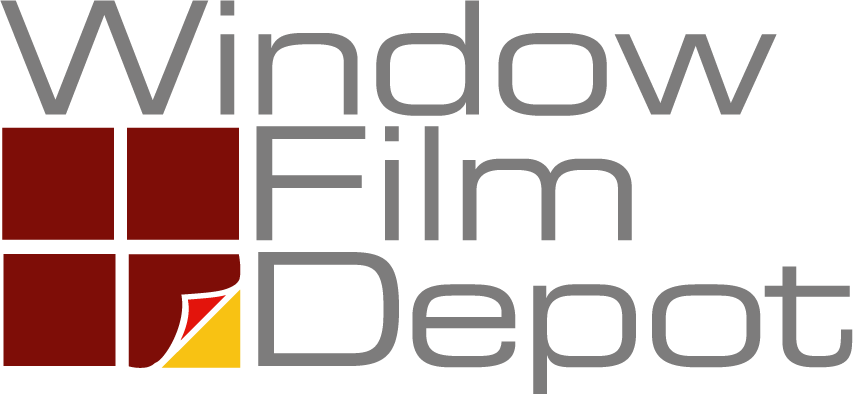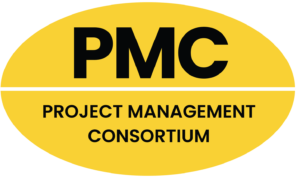 With an enlightened range of new, real-world ideas aimed at fostering sustainability, Wege Prize announces its selection of 15 semifinalist teams from a record-breaking initial pool of 58 international student groups. The noted global design competition that challenges students worldwide to invent restorative design solutions to the world’s wicked problems, Wege Prize is hosted annually by Michigan’s Kendall College of Art and Design of Ferris State University (KCAD). Now in its second decade, the global student competition awards the winning teams a total cash prize purse of $65,000, furthering their game-changing solutions for real-life applications.
With an enlightened range of new, real-world ideas aimed at fostering sustainability, Wege Prize announces its selection of 15 semifinalist teams from a record-breaking initial pool of 58 international student groups. The noted global design competition that challenges students worldwide to invent restorative design solutions to the world’s wicked problems, Wege Prize is hosted annually by Michigan’s Kendall College of Art and Design of Ferris State University (KCAD). Now in its second decade, the global student competition awards the winning teams a total cash prize purse of $65,000, furthering their game-changing solutions for real-life applications.
View the full list of semifinalist teams and participants at www.wegeprize.org/2024-
Each semifinalist team is refining their enterprising innovations with feedback from the competition’s expert judges whose diverse user experiences encompass design, biomaterials, communication, product design, soil science, and more.
Among the ingenious teamwork solutions are abating child malnutrition through increased Senene (grasshopper) production—an alternative protein—and transforming single-use medical plastics into recyclable alternatives using a process that enables more efficient generation of new plastics. The top five teams will advance to the Wege Prize’s finalist phase.
Details on all the semi finalist team projects follow, below.
Among the contest’s global and diverse team of distinguished core judges is advisor on global challenges in agriculture production as well as a professor from EARTH University and co-founder of Green Roots Consultants, B.K. (Braj) Singh of Costa Rica. He’s joined by editorial director of Next City who previously worked with the Wege Prize team to interview the finalist presenters in 2021 and 2022 shown on Wege Prize YouTube channel, Deonna Anderson of California.
Also on the elite roster are design pioneer Tom Newhouse of Michigan, circular economy professor and co-CEO of Materiom Alysia Garmulewicz of Chile, circular economy learning consultant Jo Williams of the United Kingdom, and professor, business strategist and author Nathan Shedroff of California, among others.
For 2024, the 15 multidisciplinary semifinalist teams, whose academic majors range from agriculture to science, math, engineering, business, and economics, present revolutionary concepts in sustainability:
- Agribloom is reshaping sustainable agriculture with AI-powered advanced soil analysis technology that optimizes fertilizer use and boosts crop yields, reducing waste and operational costs.
- Biogrow Naturals is circularizing the menstrual hygiene product space with an affordable and innovative banana stem-based biodegradable sanitary pad that designs out waste without compromising absorptive performance.
- Eco Investor is addressing human hair waste generated by cultural pressures in Rwanda through hydrolyzing discarded hair, transforming it into nutrient rich fertilizer for agriculture.
- Ecocycle is assisting small-scale farms in reimagining organic waste management by using microbial engineering and enzymes to turn agricultural waste into organic fertilizers, cutting costs and minimizing environmental impact.
- Ecofeed Pioneers is evolving the animal feed landscape to reduce reliance on the import of scarce crops like soybeans and corn by integrating protein-rich alfalfa with innovative biorefinery techniques to create a sustainable food supply for both humans and livestock.
- Ecoplast Innovation is promoting sustainable solutions to plastic pollution in Rwanda by converting agricultural byproducts into biodegradable packaging, and developing a mobile application to generate public awareness about the products.
- Farmguard Innovators is redefining plastic use and reducing waste in Rwanda’s agricultural sector by transforming cassava peels into bioplastic grocery and seedling sacks, while simultaneously refining the cassava pomace byproduct into nutrient rich animal feed.
- FruiFresh is alleviating post-harvest losses for tomato farmers and retailers by building large naturally evaporative cooling facilities—crafted from locally available materials and using little to no electricity—to store produce prior to customer purchase.
- Greentech Bioenergy is converting organic waste into biogas and biofertilizers through a customizable, heat durable and affordable biodigester system based on customers’ energy needs to fuel homes, vendors and farms sustainably while boosting overall agricultural productivity.
- Huuzagro is addressing plastic pollution in Rwanda by transforming food waste into biodegradable packaging and using Black Soldier flies to break down residual waste into eco-friendly compost and larva protein feeds.
- Medicycle is transforming medical plastics for sustainability by transforming single-use medical waste into recyclable alternatives using the chemical recycling to monomer (CRM) process, enabling more efficient recovery of polymers to generate new plastics.
- Rethread Africa is improving the fashion industry’s environmental impact and reducing reliance on petroleum-based textiles by converting post -harvest agricultural waste from small farmers into bio-based synthetics.
- Senene Farm is taking on child malnutrition in Tanzania by increasing the production of the Senene—a protein rich longhorn grasshopper and alternative protein source—through a groundbreaking rearing facility using vertical farming and innovative processes.
- The Sustainocrats team is improving food security and reducing food waste issues across the supply chain through a multifaceted approach focusing on farmer education, leveraging technology and new methods for food transport, preparation and storage, and utilizing eco-friendly packaging.
- Wasteless Harvests Group is promoting food security and sustainable waste management in Rwanda by utilizing readily available maize and bean residues to produce a mushroom-growing substrate, providing a healthier protein source and leveraging worn-out substrates as organic fertilizer.
Past Wege Prize winners have been invited to prestigious business incubators and are gaining wider recognition plus seed funding for their initiatives, including winners:
- Banana Leather, whose start-up Banofi Leather won the $1 million Hult Prize 2023 for its sustainable leather alternative made from banana waste and whose lead member was interviewed on NBC Now.
- Team finalist Green Poultry Farm, that has secured customer interest in its biofertilizer made from poultry waste and continued its winning streak in subsequent sustainability competitions, worldwide, including first-place in the 2023 Climate Launchpad Mozambique national finals, plus finalist in both the Youth4Climate global competition and Third Hengqin Scientific and Technological Entrepreneurship International Competition in Macau, China.
- Team finalist UnWastewater, who has been noticed for its innovative approach to convert carbon dioxide into organic compounds, enabling waste to be remade into valuable organic chemical feedstocks.
Thanks to the continuing financial support of The Wege Foundation, Wege Prize 2023 has opened these unique opportunities for undergraduate, graduate, and post-graduate students around the world and has helped advance the ideas and solutions behind the circular economy.
More details about Wege Prize 2024 will be revealed soon on wegeprize.org.
































